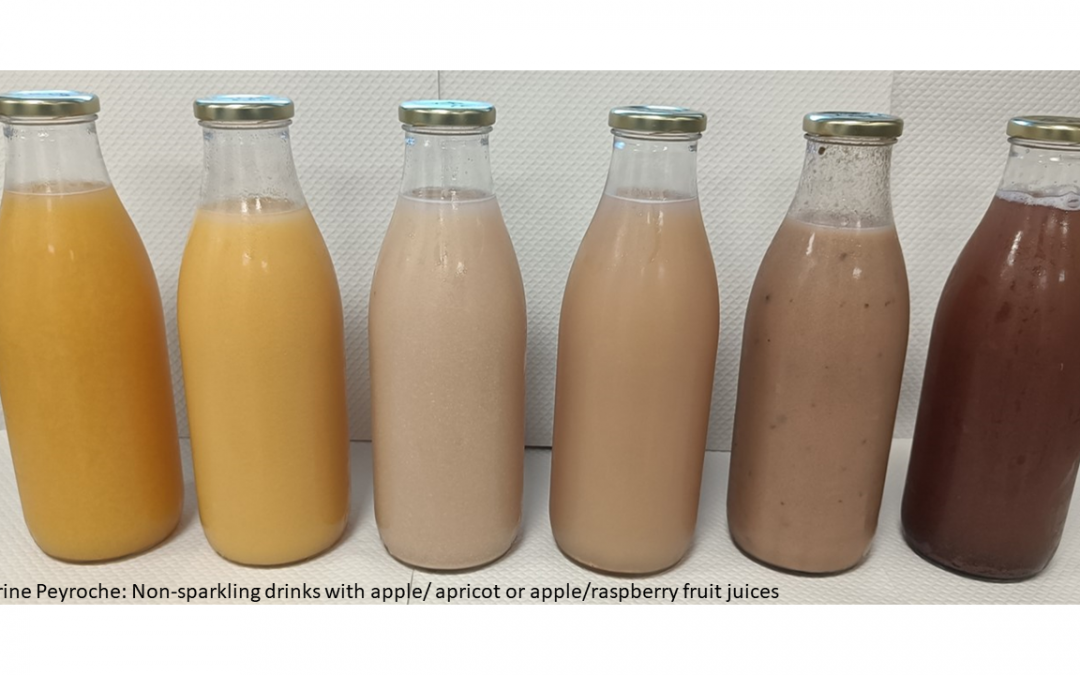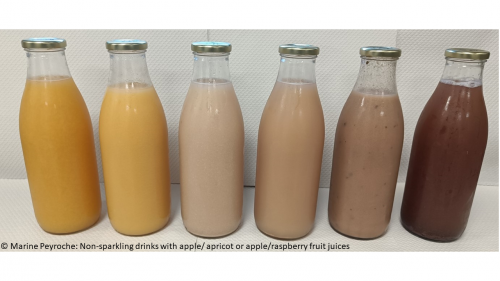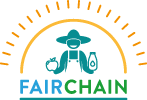
Jul 8, 2024

Two training sessions related to the case study ‘Innovative dairy drinks based on co-products of cheese manufacturing ‘ and open to the public will be held in Poligny (Jura, France) in September!
Please note that the training sessions will be delivered exclusively in French.
-
Réemploi de bouteilles consignées – 17 September 2024 – Maison du Comte
- Comprendre les différentes typologies de réemploi, et connaître le contexte (acteurs, règlementations) aux niveaux régional et national
- Partager l’expérience d’acteurs impliqués dans les différentes étapes du réemploi
- Découvrir un outil d’aide à la conception de scénarios de réemploi basé sur des critères environnementaux en cours de développement dans le cadre de FAIRCHAIN
- Partager les acquis du projet FAIRCHAIN : A quoi une PME doit être attentive pour se lancer dans le réemploi ?
-
Production de boissons fermentées – 18 September 2024 – Maison du Comte
- Comprendre le procédé de production du lactosérum en boissons fermentées
- Bénéficier de conseils pour mettre en place le procédé
- Discuter collectivement des améliorations possibles du procédé et de sa mise en oeuvre pour assurer son adoption et sa réplicabilité
- Obtenir une vision complète des réalisations du c as d’études français et des recommandations apportées
- Evaluer les innovations et le processus de co création mis en place pour les développer

Apr 23, 2024

In this seventh issue, you will find updates from our case studies as well as information about training opportunities, new publications, dissemination and external cooperation activities. Happy reading!

Apr 6, 2024
The final co-creation workshop of the
Austrian case study was held on the 21st of March. In the goal-defining and implementation workshops held in spring 2021, stakeholders from the Styrian fruit and vegetable value chains were invited to participate. Based on the workshop results, a program for the Food Innovation Incubator was defined, and activities within the three incubator modules (1) innovation coaching, (2) knowledge transfer, and (3) networking were executed. During the final co-creation workshop, the conducted activities and results were presented and discussed with the respective stakeholders. This discussion encompassed policy perspectives and options for the continuation of the Food Innovation Incubator beyond the conclusion of FAIRCHAIN. This workshop was organized in collaboration with Fraunhofer Institute for Systems and Innovation Research.
On the demonstration day event, practitioners will be invited to participate in workshops and observe the results of the incubator. The target audience for this event includes farmers, food entrepreneurs, and students. During this event, videos will be recorded and made available, showcasing interviews with stakeholders documenting their experiences collaborating with the Food Innovation Incubator team.

Apr 5, 2024

European fruit chains can increase the value they create from their co-products, like apple pomace or apricot pits. These are underexploited and could be locally valorized according to the full principles of circular economy! In Wallis, south Switzerland, FAIRCHAIN partners are producing vinegar via fermentation of wet co-products like apple pomaces. This vinegar has many promising applications in agronomy and detergency. After making vinegar, the left-over is used to feed mealworms for alternative protein sources, and bio-digested to produce renewable energy and compost.
In parallel, an innovative regional business concept can valorize apricot pits and other woody coproducts using pyrolysis technology to generate three valuable outputs: local renewable heat, biochar-based fertilizer/soil enhancer, and carbon credits contributing to regional climate strategies.
This cascade of fruit co-product valorization has started to generate new regional and circular business models based on the use of apple pomace for vinegar and pits as biochar and renewable heat. These innovations can add value to the business models of at least seven regional organizations, including Biofruits and Cogiterre.
The photos above show some phytosanitary tests on the field and the production of the vinegar from co-products (decantation phase).









